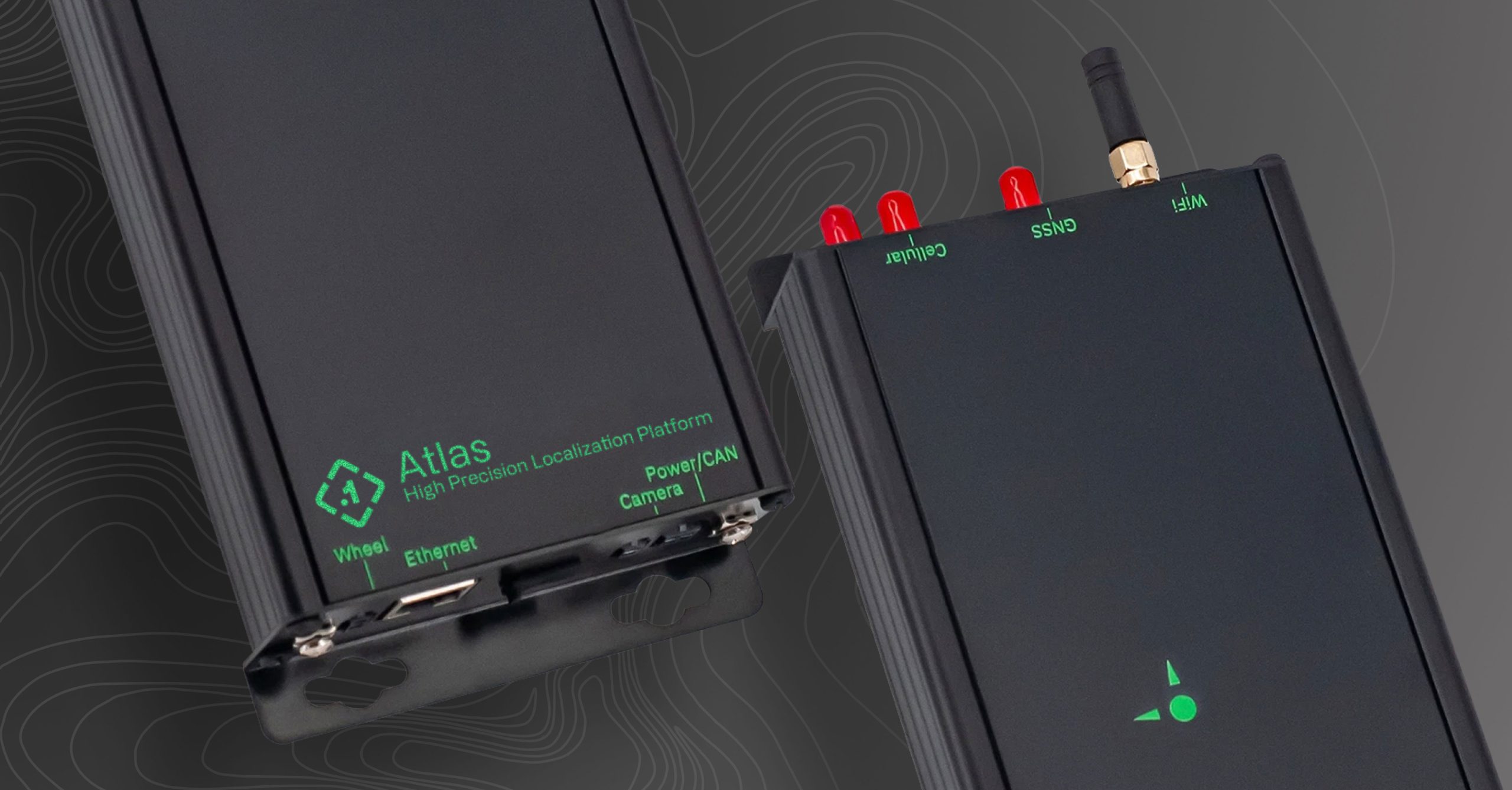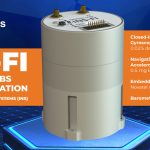SAN FRANCISCO—Point One Navigation has introduced the Atlas inertial navigation system, which it said is a leap forward in real-time precision location technology
The company said Atlas offers unprecedented accuracy and affordability to autonomous vehicles, mapping and other applications.
Legacy INS solutions require extensive post-processing to achieve the high levels of precision required for highly accurate mapping and observability applications. Until now, these post-processing workflows were out of reach for many, coming at a high price point and on top of being both time- and labor-intensive. Post-processing software alone can cost upwards of $20,000 and hours of compute and engineering time to operate.
The company said Atlas provides ground-truth level accuracy in real time, simplifying engineering workflows, dramatically reducing costs and enhancing operational efficiency.
The Atlas is designed for deployment in large fleets. Through a tight integration of highly accurate, low-cost GNSS receiver and IMU with the Polaris RTK corrections network and Sensor Fusion algorithms, Point One brought down hardware cost dramatically without sacrificing accuracy or precision. With an accessible starting price of $6,500, businesses will no longer have to pick and choose which vehicles are equipped with the high-accuracy INS. This affordability removes the barriers to entry and allows for companies to equip their entire autonomous fleet with ground-truth level precision location.
Atlas features an easy-to-use user interface, on-device data storage, ethernet and Wi-Fi. Field engineers can easily configure and operate Atlas using smartphones, tablets, and in-car displays.
“We envision a future where businesses, researchers, and automotive companies can harness the power of centimeter-level, real-time accuracy without the complexities and cost associated with post-processing,” said Aaron Nathan, Point One CEO and cofounder. “Atlas is not just a product. It’s a revolution that will redefine what’s possible in the world of precision location.”
Atlas is set to drive innovation in various sectors, including automotive, autonomous vehicles, robotics, mapping and photogrammetry. Its real-time capabilities and affordability will allow for fleet-level deployments of ground truth-level location.






